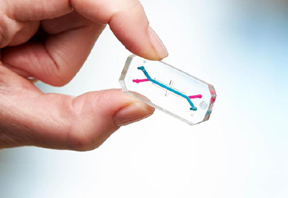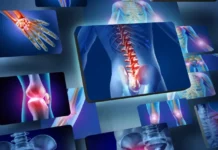
TRENTON, US: Johnson & Johnson has begun a research partnership to find the root cause of Type 1 diabetes and stop the hormonal disorder in its tracks. It’s the health care giant’s first project under its ambitious initiative to prevent or at least intercept and reduce harm from many diseases.
In a collaboration with immunologist and Washington University professor Emil Unanue and his colleagues, researchers at J&J’s Janssen Pharmaceuticals will explore how specific immune system cells are involved in the initiation and progression of Type 1 diabetes.
The disease, also called juvenile diabetes, affects about 5 per cent of Americans with diabetes, roughly 1.25 million people. For reasons that aren’t clear, the immune system attacks and destroys beta cells in the pancreas that make the hormone insulin, which is needed to convert blood sugar into energy.
As a result, patients must take insulin every day for life. When diabetes is poorly controlled, complications including blindness, amputations and kidney failure can result.
“We hope to be able to manipulate the (immune) system in such a way that this no longer drives the destruction of beta cells, while maintaining protection against infections and tumors,” said Joseph A Hedrick, leader of that project.
Hedrick noted the findings might help in fighting other autoimmune diseases, including psoriasis and rheumatoid arthritis.
The project is among 17 new collaborations with academic researchers and health care companies announced by Johnson & Johnson, which is based in New Brunswick, New Jersey.
In another intriguing project, J&J’s Janssen Biotech unit will use computer microchips designed to simulate functions of human organs to predict which experimental drugs are most likely to be effective and safe in people. The goal is to be able to do more realistic testing of drugs in the laboratory, before they’re tested on animals and people, with “organs on chips.”
Created by J&J partner Emulate Inc. of Cambridge, Massachusetts, these microenvironments are designed to mimic responses of organs such as the liver or lungs as drugs flow through the chips’ tiny hollow channels, which are lined with living human cells and tissues. The chips simulate the responses of cells to medicines or chemicals, from beneficial results to toxic reactions. -AP






